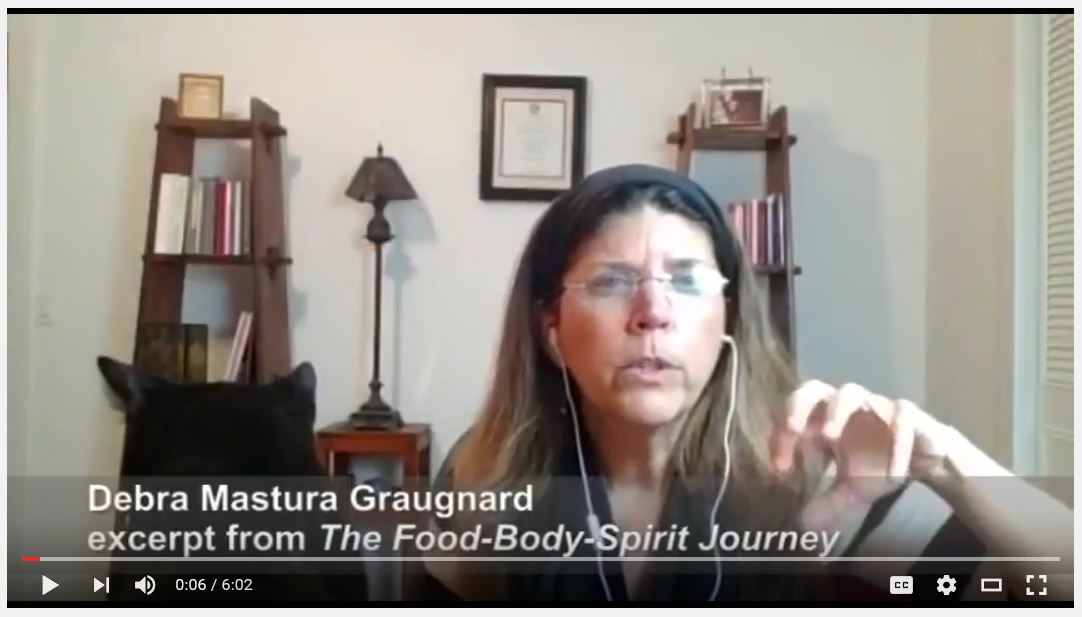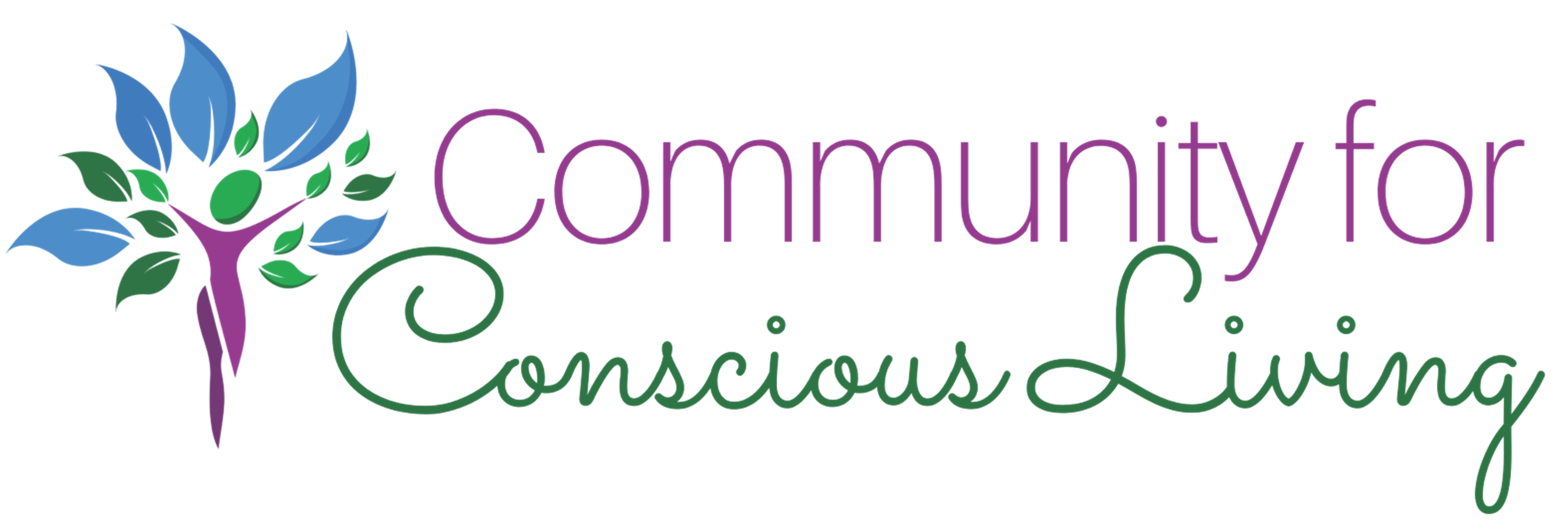
This is a message that is near and dear to my heart. The video clip is an excerpt from a Food-Body-Spirit Journey Class.
If each of us were really mindful of how much our bodies need to sustain us, how much could we cut our consumption?
Could we purchase less, or buy the same and share more with others in need?
Could we rely on smaller local farms and home grown foods, and significantly reduce the taxation on the planet?
Could we take our power back from the large agribusiness that holds profits as a much higher priority than health of the people or the planet?
—
Video Transcription:
[Speaking to the class:] I want you to make a note at the beginning of your meal of your hunger level on a scale of 1 to 10. Then at the end of your meal, note your fullness level. We’re really going to start paying attention over the next few weeks to just how much food it takes for you to feel no longer hungry versus feeling full.I believe this one thing can go a long way toward saving the planet – no kidding. A lot of disease comes from over-filling the stomach. Even if you’re eating good foods but you’re eating too quickly, over-filling the stomach, not chewing well and poorly combining foods – putting in more than you can take and digest – it’s not healthy for your body.
The whole subject of over-consumption is a huge issue in our country. It hurts the body.
I don’t know about you, but I’ve been totally conditioned to not waste food, not leave anything on the plate, not throw away.
In that mindset of not throwing away, not wasting so I have to force myself to eat it – this is still throwing it away because the body can’t use it, but it’s treating the body like the trash can.
If you over-stuff yourself, it hurts your body, you’re not going to feel good and the starving people aren’t going to get the food.
So if we really want to save the planet, we have to realize it’s not just about us. I think we all know that. We want to have healthier bodies, but the bottom line is what’s really going to make us healthy is the “think globally, act locally” concept.
When you’re really thinking about what the planet produces in order to feed us and how much we really need versus how much gets wasted, and overeating is a form of wasting, so is throwing food away. If we can start monitoring how much we really need, and only take that much – not to feel full but to find when we no longer feel hungry, where we feel good, have energy, can easily digest.
When we find that level, we can change the amount we put on our plates. Then we can change the amount we purchase at the store. You’ve heard, every dollar is a vote. If everyone in the world could start to purchase groceries according to what they can actually use for the physical body, that will have a huge impact on demands on the planet.
The question that always runs through my mind is: If big agribusiness were to go away, could small farms and locally-grown produce feed the world? We all know it’s healthier to eat foods that are locally-grown in season, grown by hand, organic, things we can grow ourselves. We know we will have a healthier diet versus something that’s been grown in a mono-crop with nutrients depleted from the soil, picked before it’s ripe and trucked across the country. We’re going to have healthier, more nutrient-dense foods and tastier foods if we can eat locally-grown foods.
So what is it going to take in order for the local small farms to feed their communities? Part of it is that we’ve got to stop over-consuming.
So that’s a prelude to where we’re going next in the class.
If we were all really mindful of the taxation on the planet and the taxation on our bodies, we would not be giving our power away to the big agribusiness that has profits in mind ahead of health of the people or the planet. This is one of the ways we can take our power back.
